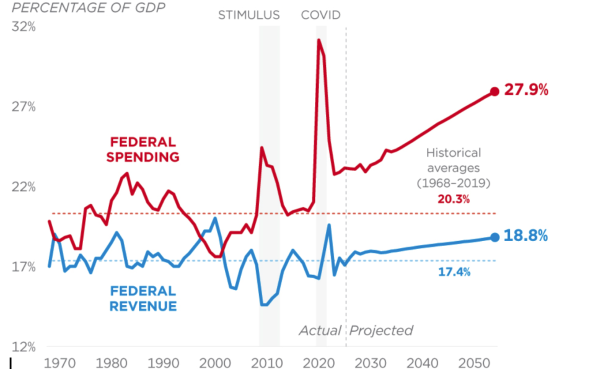Voting in local elections
For the average Westminster student, November marks one of the busiest times of the year, with school-related stress at a high, fall sports concluding their seasons, and holiday breaks coming increasingly closer. For two Upper School students Isabelle Aldridge and Grant Matzigkeit, this November was even busier, as they were responsible for campaigning for their parents in state elections.
The first member of the Westminster community involved in these elections was Isabelle’s mother, Leah. Leah Aldridge ran as a Republican for the District 6 Georgia State Senate seat in the special election on Nov. 7.
“At first nothing was different,” said Isabelle. “Then, after my mom’s brochures started coming out, you’re in Starbucks, and you introduce yourself, and people recognize you. Everyone seems to think you care about their political opinion, so people would stop me at West Paces to tell me what they think about my mom.”
In addition to her work as a politician, Leah Aldridge is a small healthcare business owner and attorney who holds a degree from the University of Virginia and a law degree from Emory University School of Law. Her campaign reflects her career and embraces the Republican Party platform, centered around small business support, property tax relief, income tax relief, and most importantly, state-based healthcare reform.
“Obviously, a campaign is a real team effort, so I spent a lot of time making calls for her, which was really interesting because people are less likely to hang up when they know you’re the daughter of the candidate, which of course, is good,” said Isabelle. “It’s hard for everyone, especially for my mom, to have your family in the spotlight. All my social media was filtered. I could not post or send anything without it going through my mom’s campaign managers.”
Leah Aldridge finished the election in third place, with 18.5 percent of about 25,000 available votes, behind Democrats Jaha Howard and and Jen Jordan, who received 24.4 and 22.5 percent of the vote respectively. Since no candidate received a majority vote, Howard and Jordan will go to a runoff election on Dec. 5.
“It was hard for it to be all so public and for people to give condolences,” said Aldridge. “Nonetheless, I thought it was really cool, and I was really proud of my mom. She did such a great job.”
While Leah Aldridge competed in the District 6 State Senate election, J.P. Matzigkeit ran for the District 8 seat on the City Council on Nov. 7. Matzigkeit holds an economics degree from DePauw University and an MBA from the University of North Carolina.
“[My dad] had a lot of meetings, fundraisers, and community events, so I tried to help out,” said junior Grant Matzigkeit. “I went to some of his events to support him and put out signs.”
J.P. Matzigkeit’s campaign focused on safety and security, traffic and transportation, business attractiveness, and Atlanta’s financial security. His priorities reflect his career as one of Atlanta’s prominent businessmen, as Matzigkeit is the chief financial officer of Wahoo Fitness, a global tech-fitness company based in Atlanta. He received 54 percent of the vote to defeat Anna Tillman and win the seat.
In addition to elections for general seats on State Senate and City Council, the city of Atlanta also held elections on Nov. 7 for mayor, City Council president, and two city judge positions.
Most notably, current Atlanta mayor Kasim Reed could not run again, leaving the spot open for new candidates. Democrat Keisha Lance Bottoms led the election with 26 percent of the vote, and nonpartisan Mary Norwood followed with 21 percent of the vote. Bottoms and Norwood will also compete in a runoff in December.
In addition to the select few students that aided their parents’ in elections, seniors got involved in the elections by voting.
“I’m 18, so I did vote,” said Isabelle. “It was my first time voting, and because our family was a representative of the Republican Party, I had a list of people that I was supposed to vote for. I obviously voted for my mom.”
The ability of high schoolers to vote at age 18 comes from the Constitution’s 26th Amendment and serves as an important bridge to taking on more responsibility for America’s youth.
“I think seniors are dealing with a lot right now with college applications and other things, but [voting] is a good chance for seniors to make a mature decision in politics . . . and see what the real world is like,” said senior and co-chair Adam Liang. “I haven’t turned 18 yet, but it’s something I would definitely do.”
Seniors overwhelmed by both school-related and extracurricular activities often do not have an incentive to stay updated politically, and the ability to vote can motivate them to learn more about society.
“There was a study where politicians went to Harvard University and interviewed people about ISIS, and a large percentage of students didn’t know what ISIS stood for,” said Liang. “That’s representative of education in general. There’s some work to be done, and personally, my education has not been tailored to understanding world ethics of politics.”
Hopefully, having Aldridge and Matzigkeit as political candidates contributed to raising political awareness among students.




